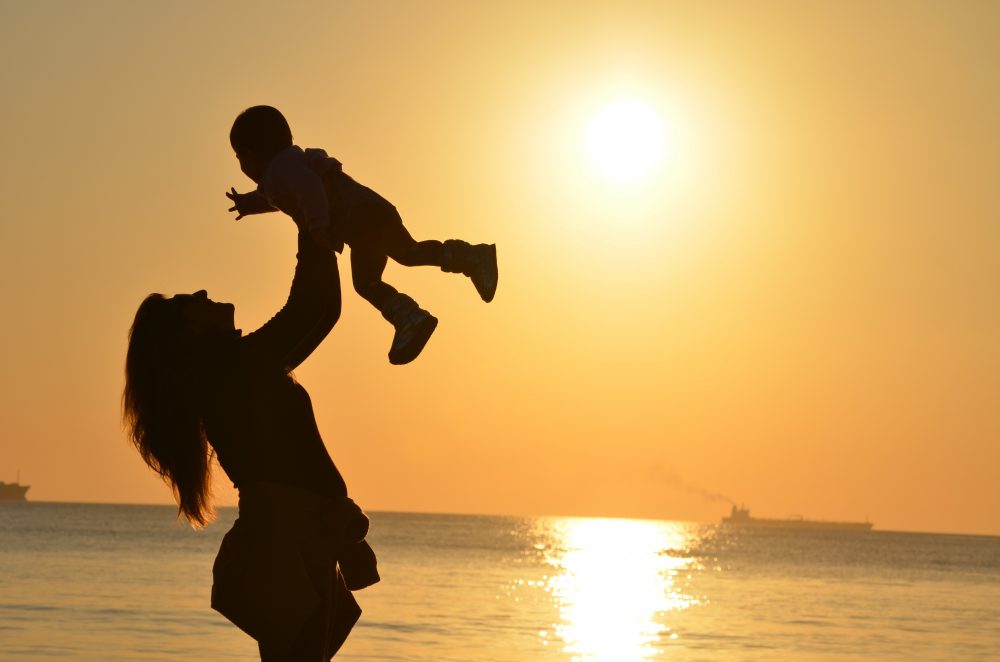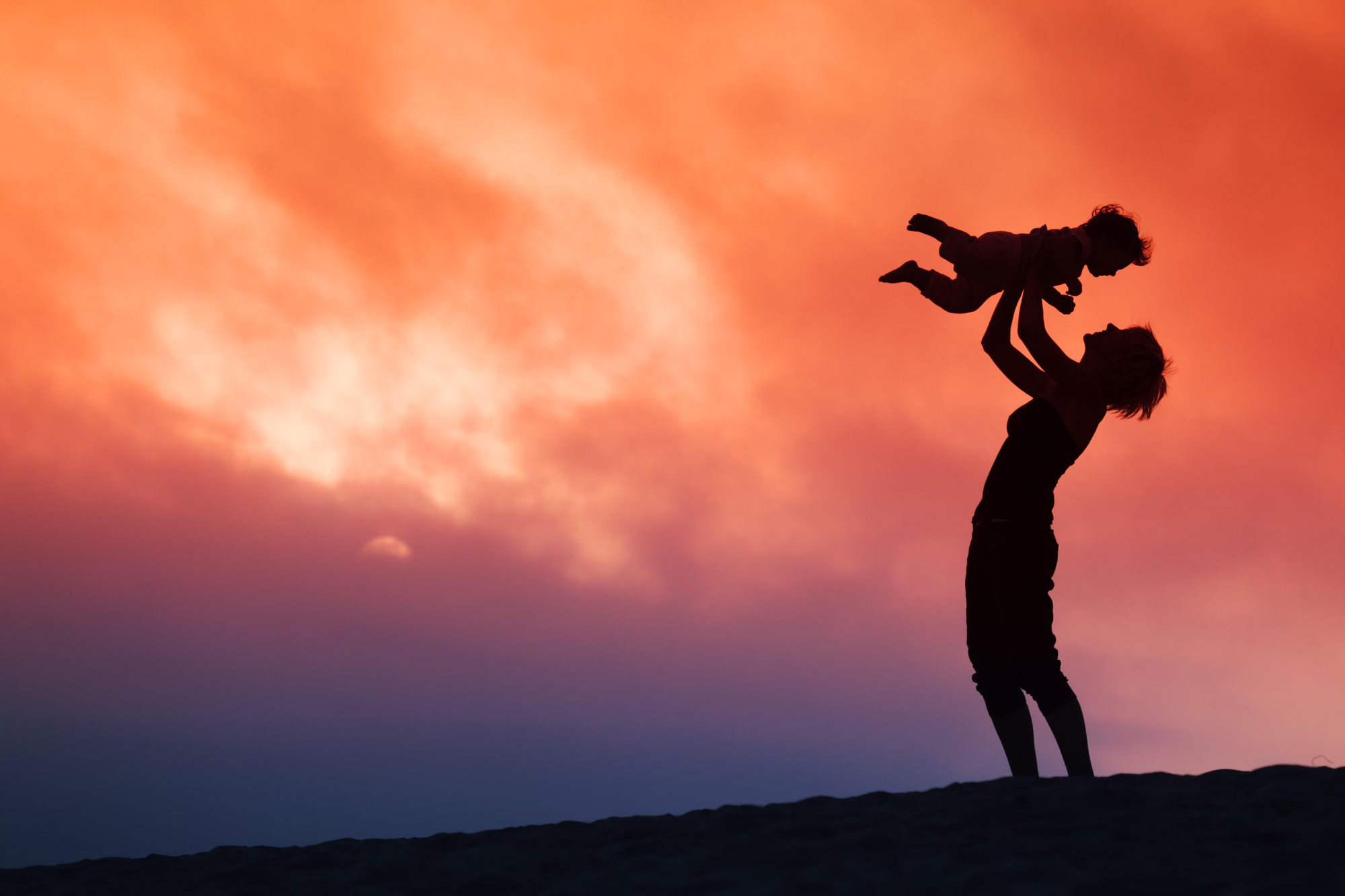If you’re one of the 67% of Aussies struggling to sleep worse since COVID19, this article is for you. Particularly with the upcoming daylight savings, a time which throws our circadian rhythm out of whack, if you’re in need of some sleep support, you’re in the right place.
We spoke to Olivia Arezzolo who answered our questions on how we can manage the shift to daylight savings. She is a sleep expert with over 9 years of academic studies. With features on The Today Show and regular interviews in Daily Mail plus partnerships with global brands Sealy Posturepedic and Ikea, she pleasures in bringing you straightforward yet science based strategies to improve sleep – for you and bub.
-
How can we prepare for the shift to daylight savings?
To account for the hour of lost sleep, begin 3 days early by shifting your regular bedtime back by 20 minutes daily. Similarly, begin any bedtime routine 20 minutes earlier too. In doing so, you minimise the logistical loss of sleep you the nation will experience on Sunday.
-
Would you be able to provide us with tips on how we can make the most out of that extra hour of the day?
Absolutely. Particularly if you’re feeling low or fatigued – embrace the natural light. The Journal of Psychiatric Research reports serotonin, a hormone to make us feel alert and happy, is created as a result of sunlight. Researchers found that this has a positive impact on daytime energy, mood and prosocial behaviour. Furthermore, researchers also note that bright light exposure reduces depletion of amino acid tryptophan – critical to quality sleep. Spending time outdoors and modifying indoor environments to maximise natural light are both recommended remedies, according to scientists.
-
How will people be affected by the shift in time?
Overall, it exerts additional stress upon the body, which can manifest in multiple ways:
– Research lead by University of Colorado found heart attacks increase by 24% on the Monday following the spring shift. Fortunately, this is counterbalanced by a 21% reduction when day light saving ends, so overall, there is no overall change in incidence rates of the illness.
– A Boston Medical Centre study of 1,654 women found miscarriage rates increase from 15.5% to 24.3% during the spring period, with the risk highest for those with a previous miscarriage.
– Clinical research finds the loss of hour contributes to moodiness, sadness and anger – particularly for full time employees and those with young children.
-
Do you have any tips for bad sleepers who need to adjust to daylight savings?
In the evening, in the 3 days prior and 3 days after the shift:
- Wind back your bedtime by 20 minutes for 3 days prior to the commencement of daylight savings
- Cut out sugar – even natural sugars such as coconut nectar or honey. Instead, opt for stevia.
- Avoid alcohol – it will exacerbate stress and magnify fatigue.
In the morning:
- Wake up 20 minutes earlier the three days prior to daylight savings
- Exposure yourself to bright light upon waking – as stated above, this will aid energy, boost mood and increase mental alertness.
- Get moving! Utilise the extra hour for that walk, run or gym session you struggled to find time for during winter.
-
If it makes you feel terrible, what should you do and how can you counteract it?
Take action and implement the advice above – starting today.
Olivia is a Sleep Expert. With over 9 years of academics, she has been featured on The Today Show, writes with Daily Mail, and partnered with global brands Sealy Posturepedic and Ikea. Olivia’s expertise is delivering straightforward, science based strategies to improve sleep.
Connect with her via her website – www.oliviaarezzolo.com.au
You may also like to read:









